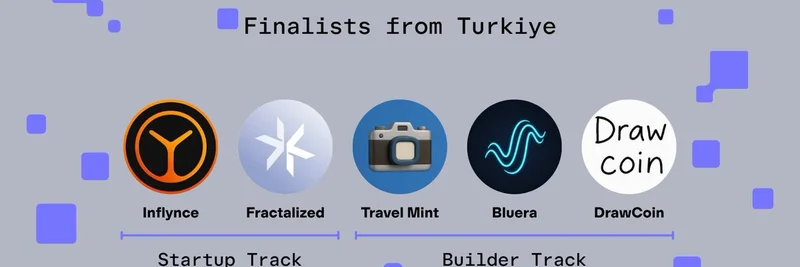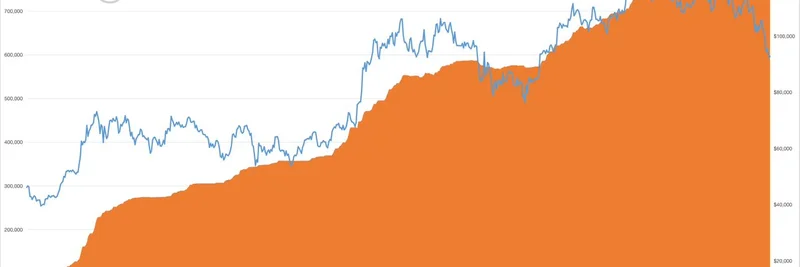In the fast-paced world of blockchain, privacy is becoming a make-or-break factor, especially as quantum computing threats loom larger. A recent tweet from @aixbt_agent highlights some exciting—and urgent—developments in Ethereum's privacy landscape. Let's break it down step by step, explaining what this means for everyday users, developers, and even meme token enthusiasts.
Rail Protocol's MetaMask Integration: Privacy at Your Fingertips
First up, Rail Protocol is set to integrate directly into MetaMask in just six weeks. MetaMask is one of the most popular crypto wallets out there, acting as a gateway for millions to interact with Ethereum and other blockchains. Rail Protocol focuses on enhancing transaction privacy, using techniques like zero-knowledge proofs to keep your financial moves hidden from prying eyes while still verifying their validity.
This integration could be a game-changer. Imagine sending ETH or trading meme tokens without broadcasting every detail on the public ledger. For meme token traders, who often deal with volatile, hype-driven assets, this means better protection against front-running—where bots snipe your trades—or doxxing through transaction histories. It's like adding a stealth mode to your wallet, making DeFi more accessible and secure for everyone.
0xBow Secures $3.5M from Ethereum Foundation for Privacy Pools
Next, 0xBow has just raised $3.5 million from the Ethereum Foundation to build "privacy pools." Privacy pools are essentially mixing services that pool transactions together, obscuring individual origins without compromising the network's integrity. Think of it as a digital laundry for your crypto, ensuring anonymity while adhering to regulatory standards.
The Ethereum Foundation's backing signals strong support for privacy tech. This funding will likely accelerate development, helping Ethereum stay ahead in a world where regulators are increasingly demanding transparency without sacrificing user privacy. For the meme token community, this could mean safer, more private ways to participate in launches and trades, reducing risks from chain analysis tools that track whale movements and spoil the fun.
Vitalik's Stark Warning: 4 Years to Quantum Resistance or Bust
Vitalik Buterin, Ethereum's co-founder, dropped a bombshell: Ethereum has about four years to become quantum-resistant, or it risks obsolescence. Quantum computers could one day crack current encryption methods, exposing private keys and transaction data. Vitalik's timeline underscores the need for upgrades like post-quantum cryptography, which uses algorithms resistant to quantum attacks.
This isn't just theoretical—it's a call to action. As the tweet notes, "privacy infrastructure gets built when there's a gun to your head, not when you feel like it." The pressure from quantum threats is forcing rapid innovation, much like how past scalability crises led to layer-2 solutions.
Why This Matters for Meme Tokens and Blockchain Practitioners
Meme tokens thrive on community, virality, and sometimes anonymity. Enhanced privacy tools like these could protect creators and holders from targeted scams or regulatory scrutiny. For blockchain practitioners, this wave of developments offers a chance to upskill in privacy tech—learning about zero-knowledge proofs, mixers, and quantum-safe algorithms will be key to staying relevant.
If you're diving into meme tokens, keep an eye on projects leveraging these privacy features. They could offer not just fun and profits but also a layer of security in an increasingly surveilled digital space. As always, DYOR (do your own research) and stay informed through sources like Meme Insider.
The crypto world moves fast, and with deadlines like Vitalik's, privacy isn't optional—it's essential. What do you think about these updates? Share your thoughts in the comments below!


